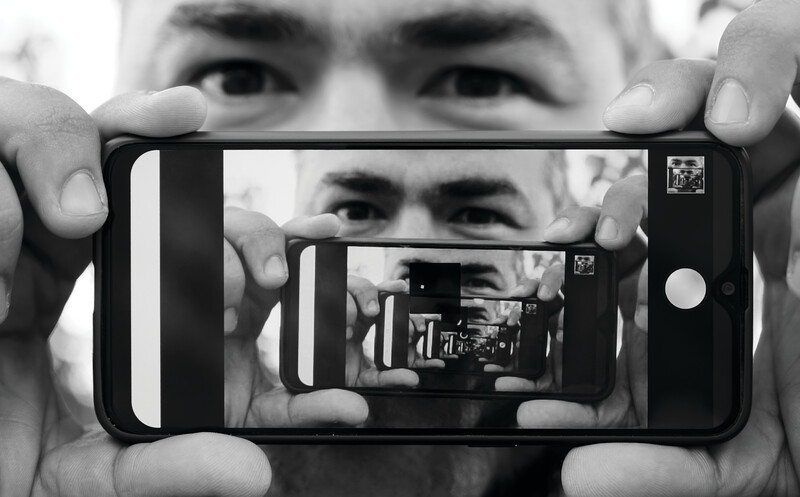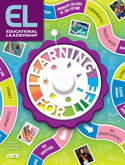Of all the courses you have taken—as a child or as an adult—which one would you say has been the most valuable to you? Would you choose the class in which you learned a skill that was useful in your future job? (Journalism 101 comes to mind—we had to memorize a stylebook). Or would you recall a class that stirred and stretched your mind? (Understanding Poetry is a book I still own). Or how about picking the class that—at the time—didn't seem worth the struggle (Principles of Accounting)?
Now list all the classes whose content you have long since forgotten. (Interesting though this question might be, I really don't have space for my own answer.) No doubt each of our lists would be different, depending on our interests, dispositions, abilities, careers, and definitions of the word valuable. Of course, the teachers who taught us those valuable, and not so valuable, classes mattered, too.
This issue of Educational Leadership tackles an even more difficult question: What kind of classes/content knowledge/skills would our students today most benefit from? When they look back 5, 20, 50 years after high school graduation—when globalization and technology, policies and individuals have changed the world more than we or they can imagine—will our students be enthusiastically recalling their prep course for the new SAT, musing about the value of their Introduction to Robotics class, or regretting they never studied World Languages? What about their schooling today will they consider "Learning for Life"?
Our authors look at the questions from several different angles.
Lifeworthy learning. In his thoughtful article in which he offers the term lifeworthy, David Perkins anticipates a criticism readers may voice: Do educators really have the capacity to design meaningful and innovative curriculum when they need to stress the basics and make sure the kids pass the tests? His answer: "We can't afford to stay stuck in the 'current reality' if it's not what our learners really need." He outlines some ways that schools and individual educators can take big and small steps in adding themes and "big understandings" and letting go of peripheral or esoteric topics in favor of exploring what kids will find relevant, meaningful, and engaging. (See pp. 66, 72, and all our online articles for many ways to teach lifeworthy learning.)
The "new" basics. Mindful of the days when making computer punch cards and learning BASIC were considered skills for the future, Erik Palmer takes a stab at predicting trends he believes will stick around. Among his "new basics" are learning how to use—not just access—the Internet, as well as learning how to wield persuasion skills. Richard E. Nisbett describes "thinking that will improve lives," including such practical principles as avoiding the "sunk cost trap" and applying the "law of large numbers." And Peter Levine makes a case for returning to the core purpose of public schools: civic education. He doesn't skirt political controversies as he points the way to an action-oriented civic-mindedness that "would make democracy work."
Colleges and careers. We have all heard—and most likely embrace—the call for "college and career-readiness for all." Several of our authors explore what the slogan really means and consider it from fresh angles. Preparing students for life no doubt means preparing them for work, but is entrance to college the best, most equitable, and most rewarding goal we can imagine for them? See what Rick Hess, James Rosenbaum and colleagues, Richard Arum, Vicky Dill and Cyekeia Lee, and Laura Cook and colleagues have to say about equity, choice, and opportunity.
The hard to learn "soft skills." Finally, our authors call for infusing in every class and school a culture that supports the so-called soft skills—caring for others, curiosity, reflection, courage, collaboration, persistence, to name a few. Some of these skills will take a lifetime to learn, but if we do not lay the groundwork, our kids may not even grasp their priority, as Richard Weissbourd and Trisha Ross Anderson illustrate. With their minds and hearts so open to all kinds of learning, now is obviously the time to start our students on their way "learning for life."


